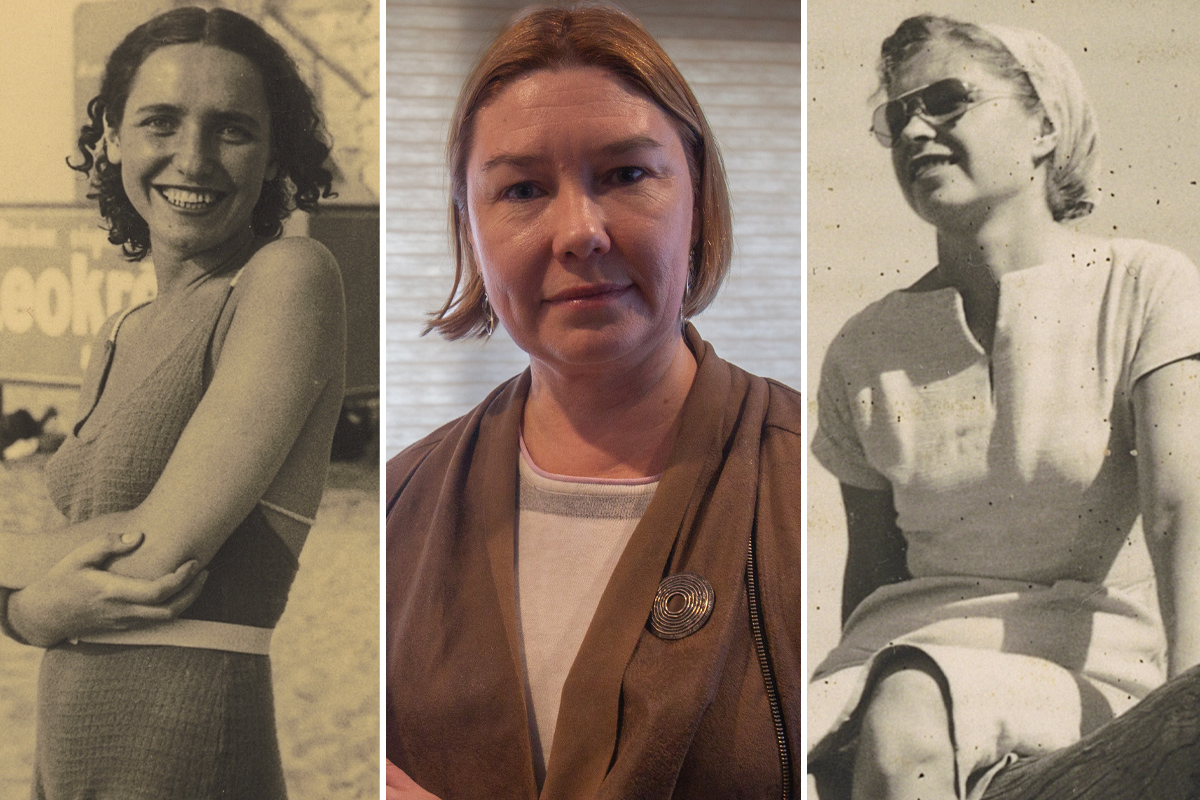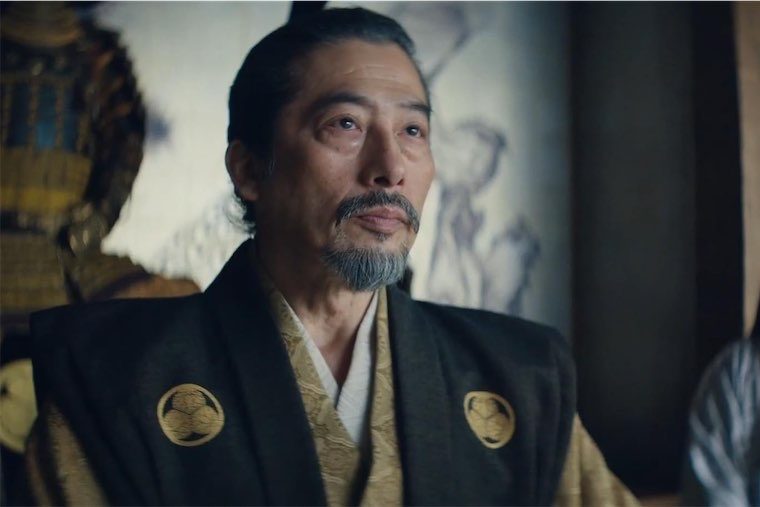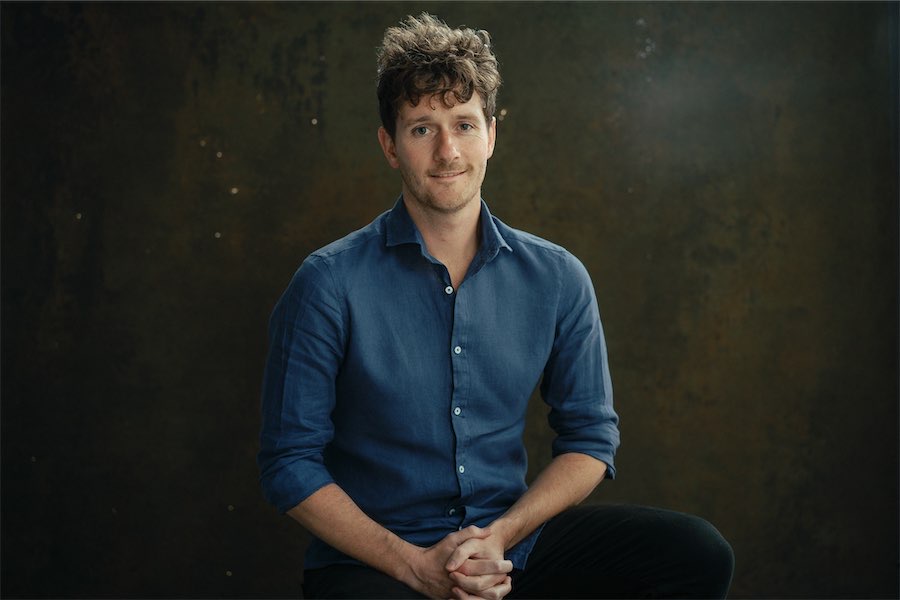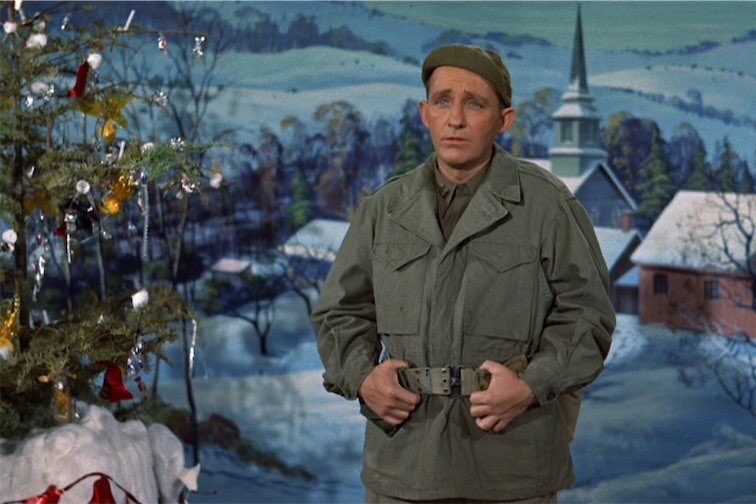
Some people find it hard to view their grandparents as whole people, but after writing her debut book, Stories My Grandmothers Didn’t Tell Me, author Andra Putni says she finally understands.
“Often people pass away before grandchildren are adults, or people are busy with that forward rush of life, but I definitely came to see them as real people, and the book is quite honest,” she says.
“It’s not all rose tinted and lovely grandma stuff.”
Both of Andra’s grandmothers came from Latvia to Australia in 1949, with Milda Seja arriving at Greta Migrant Camp, Newcastle, and Aline Balulis at Graylands Migrant Hostel in Fremantle. Both ultimately settled in Newcastle.
Andra, who grew up in Toowoomba, says: “We would drive down when I was little […] and we’d be all kind of tired and messy from 10 hours in the car.
“I would walk initially into grandma Milda’s house and see all these incredible Latvian cross-stitch tapestries with all these amazing geometric patterns and all this amber jewellery, and I knew she had hidden war stories but I didn’t really know what they were.
“Similarly with my nana Aline… I just knew that there were these stories, and I had glimpses of them, but I didn’t really know what they were.
“I wanted to really explore the topic that people have all these hidden stories in their families, just hiding in plain sight, and that often our grandparents or parents have been through momentous world events.
“Because there’s a lot of trauma associated with some of these events, they don’t talk about them unless they’re really asked for the stories, and you have to ask in a way that makes people feel like you’re ready to hear those stories.”
Andra says the decision to write about what her two grandmothers went through was, at times, wracked with uncertainty, for herself and family members, many of whom were apprehensive about dredging up painful memories.
Andra says that she had purposeful conversations about the war years with Aline, but had to rely on fragments of stories and other people’s memories of grandma Milda, who had passed away in 1997, before the book was being written.
Hearing the stories was difficult, Andra says, and she was worried about delving into difficult things, putting down writing the book several times.
“It would feel like all these momentous world events were rushing in, and I could physically sort of feel it,” she says.
“I felt really shaken sometimes.
“Some of the stories are really intense, like run-ins with soldiers and families being split up, and my nana Aline was on her own at the end of the war and completely by herself in Germany.
“It became a bit like a dance, moving between quite dark topics, and then lighter things.”
The book also details Aline and Milda’s new lives in Australia, with Milda taking up a central role in the organising of Latvian events for the Latvian-Newcastle community.
For Aline, her new life in Australia included receiving letters from her mother, who was still in Latvia, living behind the Iron Curtain, and a realisation of how poor her mother was.
Andra says: “I remember sitting beside nanna in her small weatherboard house in Newcastle as she told me: ‘At first we tried to send money but people stole it, and big packages never made it through. Then one time I sent her a cream silk scarf folded in a letter. It was so very thin that you couldn’t tell it was there. She got it! I thought she might wear the scarf to feel a bit better, but she wrote and told me she’d sold it at the Riga markets. That’s how the plan started. I decided I would buy scarves to send to her and then she could earn money by selling them’.
“I remember nanna telling me how she wanted to buy the best scarves to send to her mother – she would agonise over which ones were the right colours and patterns that might sell well.
“My heart really ached sitting beside nanna hearing these stories, but I was also really glad to finally be learning more about my family.”
Andra says she still continues to try and discover more about her heritage every day, including learning the language and attending community events organised by the Canberra Latvian society.
Stories My Grandmothers Didn’t Tell Me can be pre-ordered from Amazon AU or andraputnis.com.au.
Who can be trusted?
In a world of spin and confusion, there’s never been a more important time to support independent journalism in Canberra.
If you trust our work online and want to enforce the power of independent voices, I invite you to make a small contribution.
Every dollar of support is invested back into our journalism to help keep citynews.com.au strong and free.
Thank you,
Ian Meikle, editor




Leave a Reply